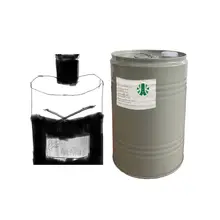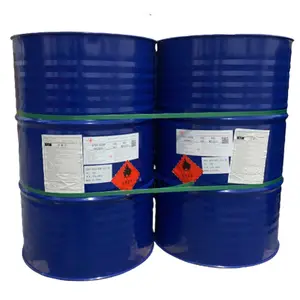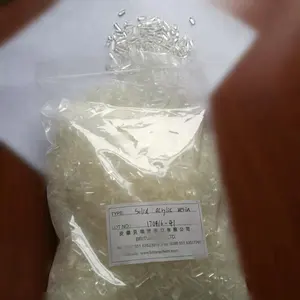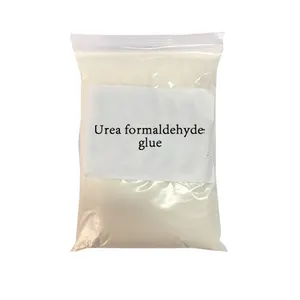Top categories

Energy Chemicals

Flavor & Fragrance

Chemical Reagents

Non-Explosive Demolition Agents

Other Chemicals

Custom Chemical Services

Biological Chemical Products

Painting & Coating

Surface Treatment Chemicals

Catalysts & Chemical Auxiliary Agents

Admixture & Additives

Pigments & Dyestuff

Basic Organic Chemicals

Agrochemicals

Inorganic Chemicals

Coating & Paint
About products and suppliers
Melamine Resin: An Overview
Melamine resin, a polymer synthesized from melamine and formaldehyde, stands as a cornerstone in the manufacturing of various products due to its durable nature and versatile applications. This thermosetting plastic, formed from the condensation of melamine formaldehyde, is renowned for its heat resistance and robust surface hardness.
Types and Applications of Melamine Resin
The utility of melamine resin spans across numerous industries, manifesting in forms such as laminates, adhesives, and molding compounds. In agriculture, it serves as a slow-release nitrogen fertilizer, while in construction, it is a key component in high-pressure laminates like Formica and Arborite. The melamine type used in these applications is chosen based on specific requirements such as resistance to heat, moisture, and chemicals.
Features and Material Composition
Melamine formaldehyde resin is characterized by its excellent thermal stability and flame retardancy, making it a preferred material in the production of kitchenware, laminates, and flame-resistant fabrics. Its composition includes a network of melamine urea formaldehyde chains, which contribute to its strength and high resistance to chemical and physical degradation.
Advantages of Melamine Resin
The advantages of using melamine resin are multifaceted. Its ability to withstand high temperatures and its ease of molding into various shapes make it ideal for a range of applications. Additionally, melamine formaldehyde polymer is noted for its excellent insulating properties and compatibility with a multitude of dyes and pigments, allowing for a wide array of color options in finished products.
Sustainable Options in Melamine Resin
In response to the growing demand for eco-friendly materials, the industry has seen an increase in sustainable alternatives such as melamine urea and poly melamine formaldehyde derived from renewable sources. These materials maintain the strength and durability of traditional melamine resin, while offering a reduced environmental footprint.
Customization and Versatility
The customization potential of melamine resin is significant, catering to a broad spectrum of design preferences and functional requirements. Products such as epoxy melamine and butylated melamine formaldehyde resin exemplify the adaptability of melamine resins, providing tailored solutions for industries ranging from furniture manufacturing to automotive coatings.
























 浙公网安备 33010002000092号
浙公网安备 33010002000092号 浙B2-20120091-4
浙B2-20120091-4